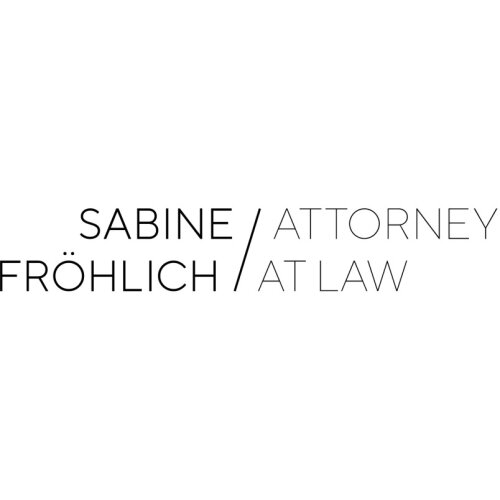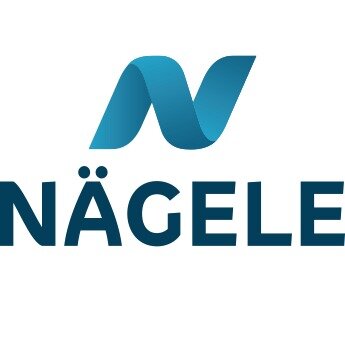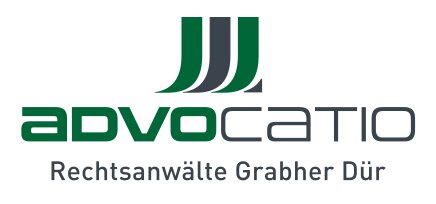Best Tax Increment Financing Lawyers in Liechtenstein
Share your needs with us, get contacted by law firms.
Free. Takes 2 min.
Or refine your search by selecting a city:
List of the best lawyers in Liechtenstein
About Tax Increment Financing Law in Liechtenstein
Tax Increment Financing (TIF) in Liechtenstein is a public financing method used to encourage redevelopment and community improvement projects. It allows municipalities to use future tax revenues generated from increased property values within a designated area to fund current improvements. These improvements can include infrastructure projects, development services, and public amenities designed to attract private investment. Unlike some other countries, Liechtenstein's TIF laws have a unique approach in that they cater to its small geographic and economic scale, allowing for targeted interventions aiming for sustainable urban development.
Why You May Need a Lawyer
Seeking legal advice regarding Tax Increment Financing in Liechtenstein may be necessary for several reasons:
- Understanding Eligibility: Determining if a project qualifies for TIF can be complex and requires a thorough understanding of the laws and criteria.
- Compliance: Ensuring that all legal guidelines and requirements are adhered to during the application and implementation process.
- Negotiations: Representing parties during negotiations with government authorities or private developers.
- Dispute Resolution: Managing conflicts that can arise between various stakeholders, such as disagreements over project scope or funding use.
- Tax Advice: Preparing for the tax implications of property value changes and financing structures related to TIF projects.
- Documentation: Drafting and reviewing all necessary agreements and documentation associated with TIF projects.
Local Laws Overview
The laws governing TIF in Liechtenstein are designed to promote economic development while safeguarding public interests. Key aspects include:
- Eligibility Criteria: Specific conditions under which projects can apply for TIF, usually focusing on community impact and feasibility.
- Approval Process: The procedural steps required for securing TIF, involving detailed project proposals and financial forecasts.
- Revenue Allocation: Guidelines on how and when the incremental tax revenues can be used for financing the approved projects.
- Public Transparency: Requirements for maintaining transparency and accountability in the management and outcome of TIF projects.
- Regulatory Compliance: Adherence to national and municipal regulations concerning construction, environment, and urban planning.
Frequently Asked Questions
What is the primary purpose of Tax Increment Financing in Liechtenstein?
The primary purpose of TIF in Liechtenstein is to stimulate economic growth and development by funding public infrastructure projects that attract private investments.
Who can initiate a TIF project?
Typically, municipal governments initiate TIF projects, but developers and private parties can also propose projects in collaboration with public authorities.
Are there specific areas where TIF can be applied?
TIF is generally applied in designated redevelopment zones identified by the municipalities as needing improvement or economic stimulation.
How does TIF affect local taxes?
TIF projects do not raise existing taxes but rather use the increment in taxes due to increased property values to fund project improvements.
What types of projects are usually funded by TIF?
Common projects include infrastructure upgrades, roadworks, utilities improvements, and public space enhancements.
Is there a limit to how long a TIF district can exist?
Yes, TIF districts in Liechtenstein typically have a set duration, which can vary but usually aligns with the time required to service the financing used for the project.
Can TIF funding be combined with other financing methods?
Yes, TIF can be used alongside other public and private funding sources to maximize financial reach and project scope.
What are the risks associated with TIF projects?
Risks may include overestimating future tax increments, project delays, and potential disputes over the use of funds.
Who oversees TIF projects in Liechtenstein?
TIF projects are typically overseen by municipal authorities with guidelines from national regulators to ensure compliance and public benefit.
How can success of a TIF project be measured?
Success can be measured by economic impact, such as increased employment, higher property values, and improved public amenities.
Additional Resources
For those interested in exploring more about TIF in Liechtenstein, consider reaching out to the following:
- Liechtenstein Investment Authority: Provides oversight and resources for economic development projects.
- Municipal Government Offices: Local offices can provide detailed guidance on TIF project applications and requirements.
- Economic Development Councils: Organizations that assist in bridging public and private sector interests in community developments.
Next Steps
If you need legal assistance in Tax Increment Financing, consider the following steps:
- Consult a Lawyer: Seek out legal professionals with experience in TIF to discuss your specific needs and circumstances.
- Research: Gather as much information as possible regarding TIF regulations and project proposals in Liechtenstein.
- Prepare Documentation: Collect and organize any necessary documents related to your project idea or current assessment.
- Contact Authorities: Reach out to relevant municipal or governmental bodies to initiate dialogues about potential projects.
Lawzana helps you find the best lawyers and law firms in Liechtenstein through a curated and pre-screened list of qualified legal professionals. Our platform offers rankings and detailed profiles of attorneys and law firms, allowing you to compare based on practice areas, including Tax Increment Financing, experience, and client feedback.
Each profile includes a description of the firm's areas of practice, client reviews, team members and partners, year of establishment, spoken languages, office locations, contact information, social media presence, and any published articles or resources. Most firms on our platform speak English and are experienced in both local and international legal matters.
Get a quote from top-rated law firms in Liechtenstein — quickly, securely, and without unnecessary hassle.
Disclaimer:
The information provided on this page is for general informational purposes only and does not constitute legal advice. While we strive to ensure the accuracy and relevance of the content, legal information may change over time, and interpretations of the law can vary. You should always consult with a qualified legal professional for advice specific to your situation.
We disclaim all liability for actions taken or not taken based on the content of this page. If you believe any information is incorrect or outdated, please contact us, and we will review and update it where appropriate.
Browse tax increment financing law firms by city in Liechtenstein
Refine your search by selecting a city.















